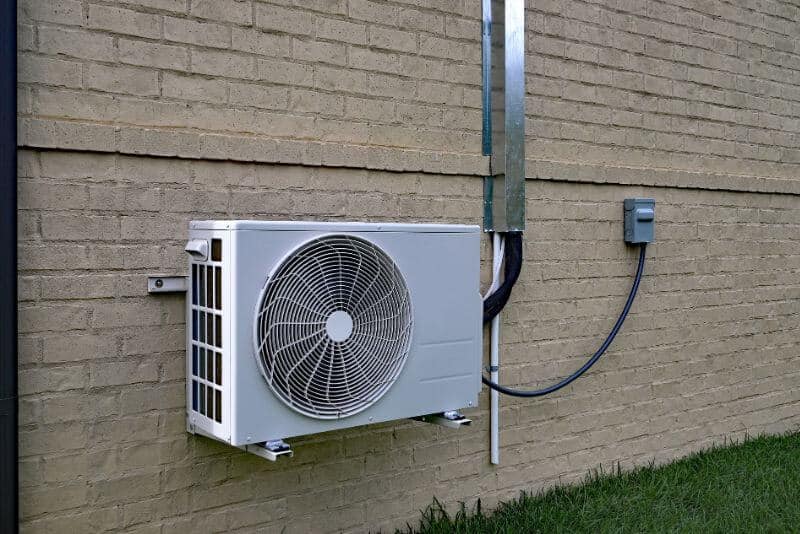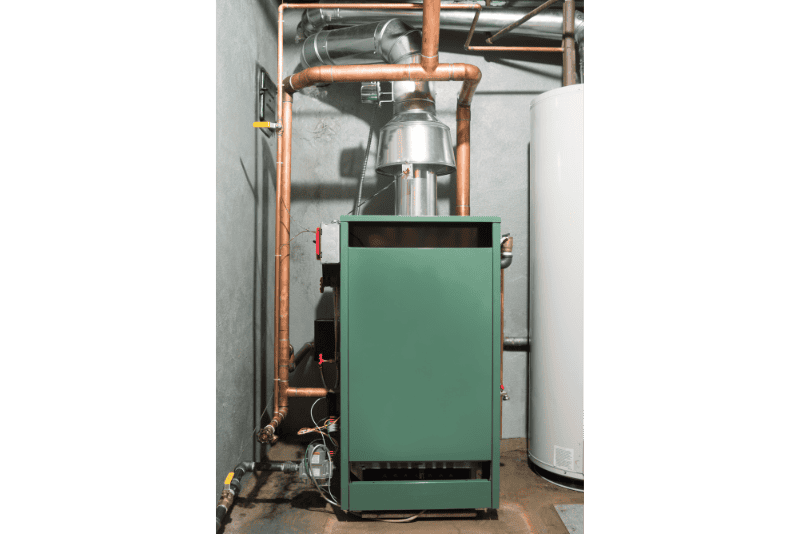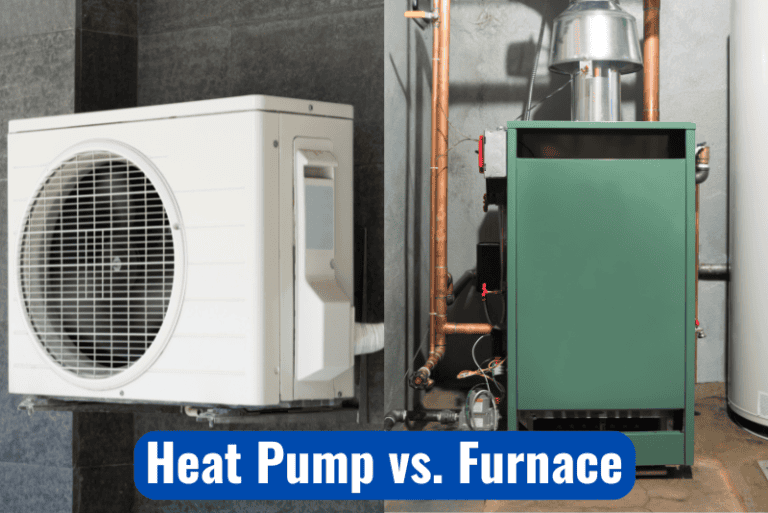Are you trying to figure out the difference between a heat pump vs furnace and which one is right for your home? You’re not alone. Many homeowners struggle with choosing the best energy-efficient heating system, especially when energy bills and comfort are on the line.
Whether you’re building a new home or replacing an old system, understanding the pros and cons of a heat pump vs a furnace can help you make a smart, cost-effective decision. Let’s break it down in simple terms.
What Is a Heat Pump?

A heat pump is an energy-efficient system that works by transferring heat, not generating it. It pulls heat from the outside air (even in winter) and moves it indoors. During warmer months, it reverses and acts like an air conditioner by moving heat out of your home.
Pros of Heat Pumps:
- Lower energy bills
- Provides both heating and cooling
- Environmentally friendly
- Best for mild to moderate climates.
Cons:
- Less efficient in extremely cold weather
- May require a backup heat source
What Is a Furnace?

A furnace uses fuel (usually natural gas, propane, or electricity) to create heat and distribute it through your home. It only provides heating, not cooling.
Pros of Furnaces:
- Powerful heat output, even in freezing temperatures
- Long lifespan (15–20 years)
- Lower upfront cost in colder regions
Cons:
- Higher energy use compared to heat pumps
- Requires a separate air conditioning system for summer
Heat Pump vs Furnace: Which One Is More Energy-Efficient?
In general, heat pumps are more energy-efficient because they move heat instead of creating it. This means they use less energy, especially in places with milder winters.
However, your home’s insulation also plays a major role. Without proper insulation, even the most efficient system can struggle to maintain comfort and cost savings.
Installation and Maintenance Costs
Upfront costs can vary depending on your home’s size, layout, and existing systems. Here’s a quick look:
| System | Average Installation Cost | Maintenance Frequency |
| Heat Pump | $4,000–$8,000 | Twice a year |
| Furnace | $2,500–$6,000 | Once a year |
While heat pumps can cost more upfront, they often pay for themselves over time through lower utility bills.
Which Is Best for Your Home?
When comparing a heat pump vs a furnace, your choice should depend on your climate, budget, and heating needs.
- Live in a warmer region? A heat pump is likely the most efficient and cost-saving choice.
- Live somewhere with harsh winters? A gas furnace may give you the reliability you need.
- Looking for year-round comfort? A heat pump offers both heating and cooling in one system.
Environmental Considerations
When comparing a heat pump vs gas furnace, one important factor to think about is the environmental impact. If reducing your carbon footprint is part of your home goals, it’s important to choose eco-friendly heating options.
Heat pumps are generally the greener option. Since they transfer heat instead of generating it by burning fuel, they use significantly less energy, especially when powered by clean electricity. In fact, heat pumps can cut your household greenhouse gas emissions by up to 50% compared to traditional gas furnaces, depending on your local energy mix.
Furnaces, on the other hand, typically run on natural gas or propane. While efficient, they burn fossil fuels and release carbon dioxide into the atmosphere. Over time, this can add up in both emissions and energy bills.
In short:
Heat pumps are more eco-friendly, especially in areas with access to renewable electricity.
Furnaces contribute more to greenhouse gas emissions, but may still be necessary in very cold regions.
Lifespan and Warranty Details
Another big question homeowners ask when deciding between a heat pump vs a furnace is: How long will it last?
Typical Lifespan
Heat Pump: 10 to 15 years with proper maintenance
Furnace: 15 to 20 years, sometimes longer if well cared for
While furnaces tend to last a bit longer, heat pumps offer dual functionality—serving as both a heater and air conditioner, which can provide year-round value.
Warranty Coverage
Most manufacturers offer warranties for both systems that cover:
- Major components: 5 to 10 years
- Labor (optional): May require additional purchase or registration
- Extended warranties: Available through select installers or brands
To keep your system running smoothly, regular maintenance is key. Heat pumps typically need servicing twice a year (before summer and winter), while furnaces often require a once-a-year tune-up.
Conclusion
Choosing between a heat pump and vs a furnace isn’t always black and white. It depends on your local climate, energy costs, home setup, and long-term goals. Both systems have their strengths. Heat pumps offer year-round comfort and energy savings, while furnaces provide powerful, reliable heat in frigid temps.
Still not sure which system fits your needs best? Talk to a trusted HVAC installer who can assess your home and help you make a well-informed, cost-effective decision. After all, the right choice today means fewer headaches and lower bills tomorrow.



